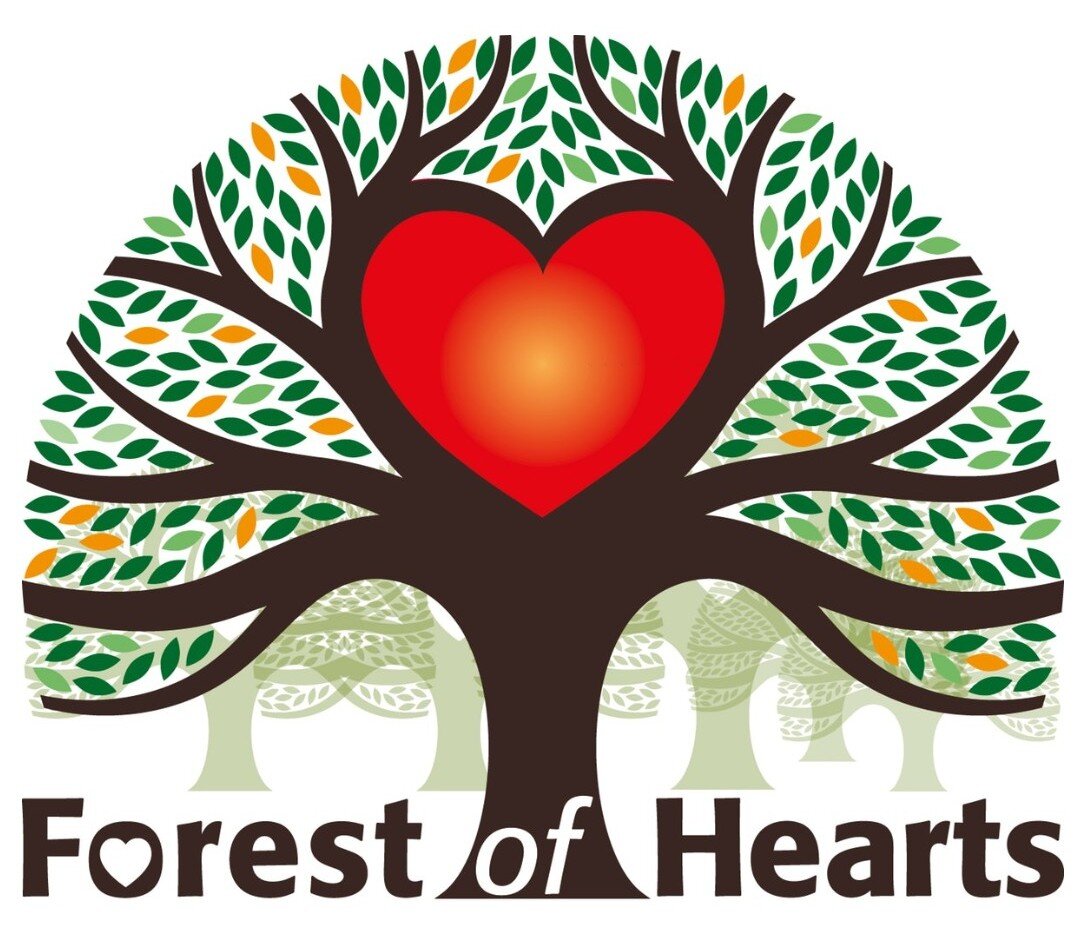Are community gardens the answer to culture diversity in horticulture?
‘At Forest of Hearts we are committed to developing diverse and inclusive environments, creating outdoor spaces that can bring value; enjoyment and enrichment to the lives of everyone in the community. Creating a space where we can learn and grow from everyone we come into contact with and an organisation that encourages; attracts and retains talented employees and volunteers from all sectors of society’ and whilst this is something we are committed to we clearly aware that this commitment needs greater social understanding in order to achieve.
We cannot just advertise our work, programmes and our events and simply assume that everyone in the area can attend; instead, we need to understand the barriers to engaging and work with the community in beginning to remove them.
In order for gardens, national parks/sites and forest activity to become more culturally diverse we need to remember first that we do not all come from the same starting point in life. Socio-economic status is related to access to natural spaces; research supports that you are unlikely to have visit natural spaces regularly if you are living in an area of high deprivation, have a low income, have a low level of education or not in work. In addition, around 16% of people living in poverty do not have access to any shared or private outdoor space compared to 6% of adults living in households where the household income is 50,000 per year.
Research indicates that Black people in the UK are four times as likely as white people to have no garden, balcony, or private outdoor space. The costs of joining some national organisations or simply travelling to a site or park can prohibit access to the countryside for many people on low incomes.
But whilst cost can be a big barrier there are others and many are related to identifying with your environment. Seeing success for people you can identify with, the role models and seeing diversity in gardening and horticulture. When people visualise gardens in the UK they can still be initially drawn to the chocolate box image of the rose garden; which many people cannot identify with.
But things are beginning to change: The role models are slowly becoming more visible; back in 2016 Juliet Sargeant made history as the first Black garden designer to win a prestigious Gold medal and the People’s Choice at the RHS Chelsea Flower Show. We are seeing Black garden presenters including those on Gardeners World and Garden Rescue.
And perhaps where Forest of Hearts can have an impact on change and more cultural diversity in horticulture is planting and by re-thinking urban spaces, connecting people to green spaces local to them; a green space within walking distance; where everyone living in the community can access; engage and enjoy. We are already seeing edible gardens being more diverse in their planting, which in turn provides an opportunity to share knowledge of where in the world our food comes from.

